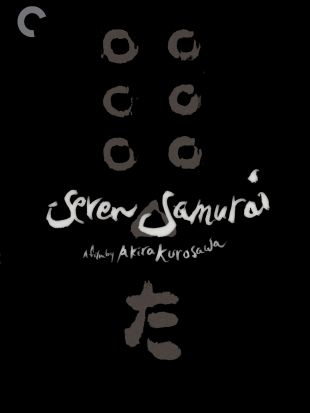
Widely considered one of the greatest films ever made, Seven Samurai was both the apex of Akira Kurosawa's long career and the high-water mark of the Japanese period drama. The film's action rivets the viewer in spite of the three-hour-plus running time: the battle sequences, among the best ever filmed, are immediate and visceral; and the characters are complex and so well-rendered that the viewer grieves when one dies. Like few other historical films, it captures not only the physical look of the time but also its essence. Like Jean Renoir's masterpieces Grand Illusion (1937) and The Rules of the Game (1939), Seven Samurai illustrates the collapse of social distinctions and the growing irrelevance of old traditions in dangerous and chaotic times. Kurosawa questions the division between samurai and bandit, between good and evil. In one scene, peasant-born Kikuchiyo heatedly argues that the samurai have been abusing and exploiting the peasants for centuries. In this framework, the samurais' acts of bravery, selflessness, and honor seem absurd, if not pointless. The peasants' choice of the samurai over the bandits is merely one of a lesser evil. Once the bandits are gone, the samurai will no longer be needed. This is underscored in the film's poignant end, when the surviving three samurai leave the village, receiving neither acclaim nor reward, as the villagers plant rice. American audiences were so impressed with Kurosawa's epic masterpiece that it was remade into John Sturges' Magnificent Seven (1960).
